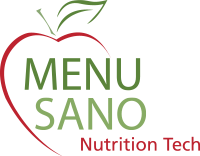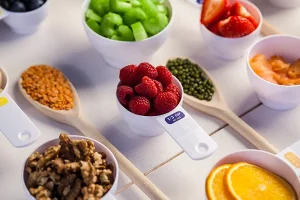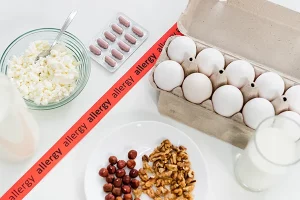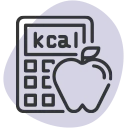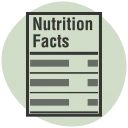Key Takeaways
- Diet vs. Nutrition: Diet refers to habitual food intake; nutrition focuses on food quality and its impact on body function.
- Balanced Diet: Healthy diets like the Mediterranean include nutrient-rich foods, improving vitality and preventing diseases.
- Proper Nutrition: Combines macronutrients (carbs, protein, fats) and micronutrients for optimal body function at all life stages.
- Practical Tips: Start with healthier food swaps, aim for the 80/20 rule, and prioritize organic, minimally processed foods.
- For Food Providers: Offering nutrition-conscious options with transparent labelling builds consumer trust and loyalty.
Understanding the distinction between diet and nutrition empowers individuals to make informed food choices, boosting health, vitality, and disease prevention.
Read more: Windmill Bakery – Muskoka Cottage Country’s Go-To for Nutritious Breads and Goodies
The term “diet” often implies restriction, but it simply refers to the foods a person habitually consumes. Whether healthy or unhealthy, these choices define one’s diet. Shifting the perspective of diet from a limiting action to a broad concept of food intake can promote healthier choices. For example, the Mediterranean diet includes wholesome foods like olive oil, whole grains, nuts, and fish, known for improving health and reducing disease risks.
Conversely, nutrition highlights the quality and balance of food essential for optimal body function. A well-balanced nutritional plan includes macronutrients—proteins, carbohydrates, and fats—along with essential vitamins, minerals, and antioxidants from sources like leafy greens, sweet potatoes, and salmon.
Read more: How Restaurants are Profiting with New Software

Diet vs. Nutrition
While diet refers to what we eat, nutrition delves into how those foods nourish the body. Poor dietary habits, such as consuming processed or junk foods, can lead to obesity, diabetes, and other health issues. Educating consumers about healthier food swaps and the benefits of a balanced diet is the first step toward better health.
For sustainable change, the 80/20 rule—eating healthily 80% of the time while allowing for indulgence 20% of the time—can be a practical approach. Once a diet improves, prioritizing nutrient-rich, minimally processed foods further enhances overall nutrition.
As a general guide, balanced nutrition for the day should comprise of:
- 30% protein
- 40% complex carbohydrates
- 30% essential healthy fats (ideally omega-3 fatty acids)
- 2-4 litres of water
Read more: 6 Reasons Adding Nutrition Information for Customers Boosts Sales
For Food Service Providers
Food service businesses play a vital role in promoting health by offering dishes that align with both dietary and nutritional goals. Tools like MenuSano allow providers to create and label nutrient-rich dishes efficiently, eliminating the need for costly lab analyses. Transparency in nutrition information fosters trust and loyalty among health-conscious consumers.
Read more: Food Marketing & Branding with Sean Beckingham

Final Thoughts
Understanding and implementing the principles of diet and nutrition is key to enhancing health and well-being. By focusing on nutritious, balanced options, both individuals and food service providers can contribute to a healthier society.
To gain the trust of the consumer and acquire new customers, using accurate nutrition analysis software is a must. MenuSano is the go-to online tool to help consumers achieve improved diet and nutrition. The MenuSano nutrition analysis software allows you to create healthy options for your health-conscious consumers.
MenuSano speeds up the whole process and elevates your operations. Being transparent with your nutrition information shows that you have a vested interest in your customers’ health.
